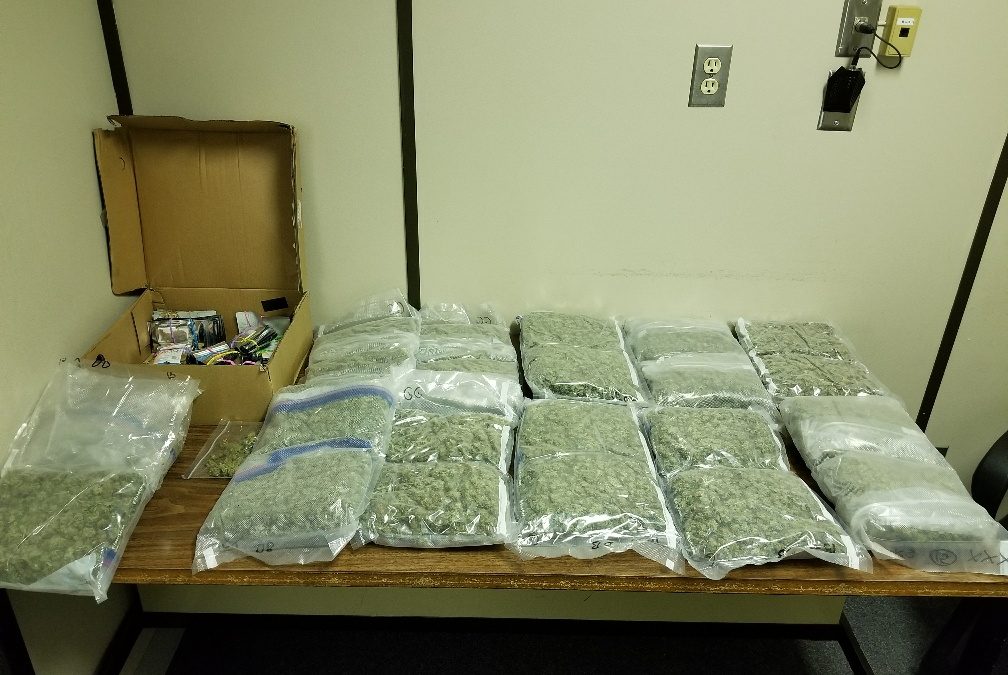In an effort to combat increasing drug and gang presence on-reserve and within urban First Nations populations, The Little Pine and Poundmaker First Nations are hosting a two-day forum to identify possible root causes and find solutions.
Experts are expected to address key issues such as type of street drugs that are infiltrating the streets and reserves, strategies for combating the development of gangs, preparation for the new cannabis legislation and its’ impact on Indigenous communities and the impacts of drugs and mental health.
Forum Chair Jacob Pete says the infiltration of drugs and gangs is well known, yet no real discussion about it has taken place.
He says First Nations are more susceptible to drugs and gangs due to poverty and colonial policies.
“I think it’s a major problem. We have the gangs moving in and finding distributors for our reserves. We have a reservation where our people have a tendency to be susceptible to abuse alcohol and other problems due to poverty, residential school and other colonial policies,” Pete said.
Pete stresses that solutions will be need be community driven and not from the top down.
There will also be a presentation about a new model that is called “nêhiyawak justice,” an alternative form of restorative justice.
“The approach by the mainstream justice system has failed our peoples so it is time to create a new model, one created and driven by the cultural values and ancient laws of First Nations people,” stated Pete.
“This forum will be an opportunity to hear and learn from top researchers and experts on the key challenges our people have with the current gangs and drugs challenge” explained Milton Tootoosis, Co-chair and Headman for the Poundmaker First Nation.
The forum is taking place in North Battleford Thursday and Friday.
(PHOTO: Drug seizure. MBC file)
